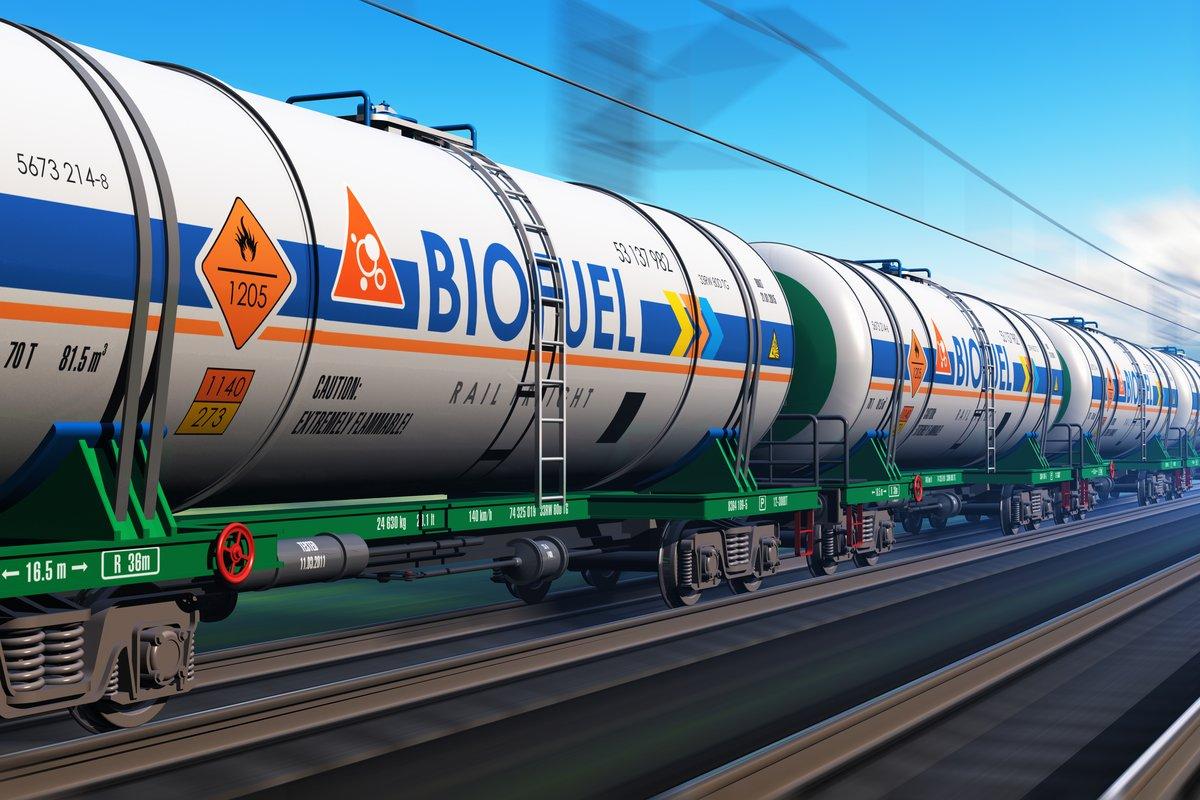AUTHORS: Catherine Bowyer-Ian Skinner-Chris Malins-Silvia Nanni-David Baldock
To reduce European transport’s greenhouse gas (GHG) emissions, action will be needed on three fronts: to reduce the carbon intensity of the fuels consumed; to improve the energy efficiency of transport vehicles; and to improve the efficiency of the overall transport system. Despite this, the European Commission’s 2030 framework for climate and energy policies rejected the continuation of existing targets aimed at supporting lower carbon transport fuels.
Important elements of the current policy framework have been problematic and controversial due to the shifts in technology and behaviour that have occurred, or conversely have failed to materialise. The level of emission savings resulting from the expanded use of conventional biofuels has been widely questioned. Equally, however, a lack of emphasis at the EU level on curbing GHG emissions from transport fuels would arguably lead to stagnation.
This report analyses a range of policy tools and mechanisms that could be employed to deliver GHG emission reductions. The report is funded by Transport & Environment and drafted in collaboration with the International Council on Clean Transportation (ICCT) and Transport & Environment Policy Research (TEPR). It takes as its starting point an analysis of the need to decarbonise transport fuels and promote low carbon alternatives.
For more information on IEEP’s work on low carbon fuels and biofuels, please contact Catherine Bowyer (cbowyer@ieep.eu).


